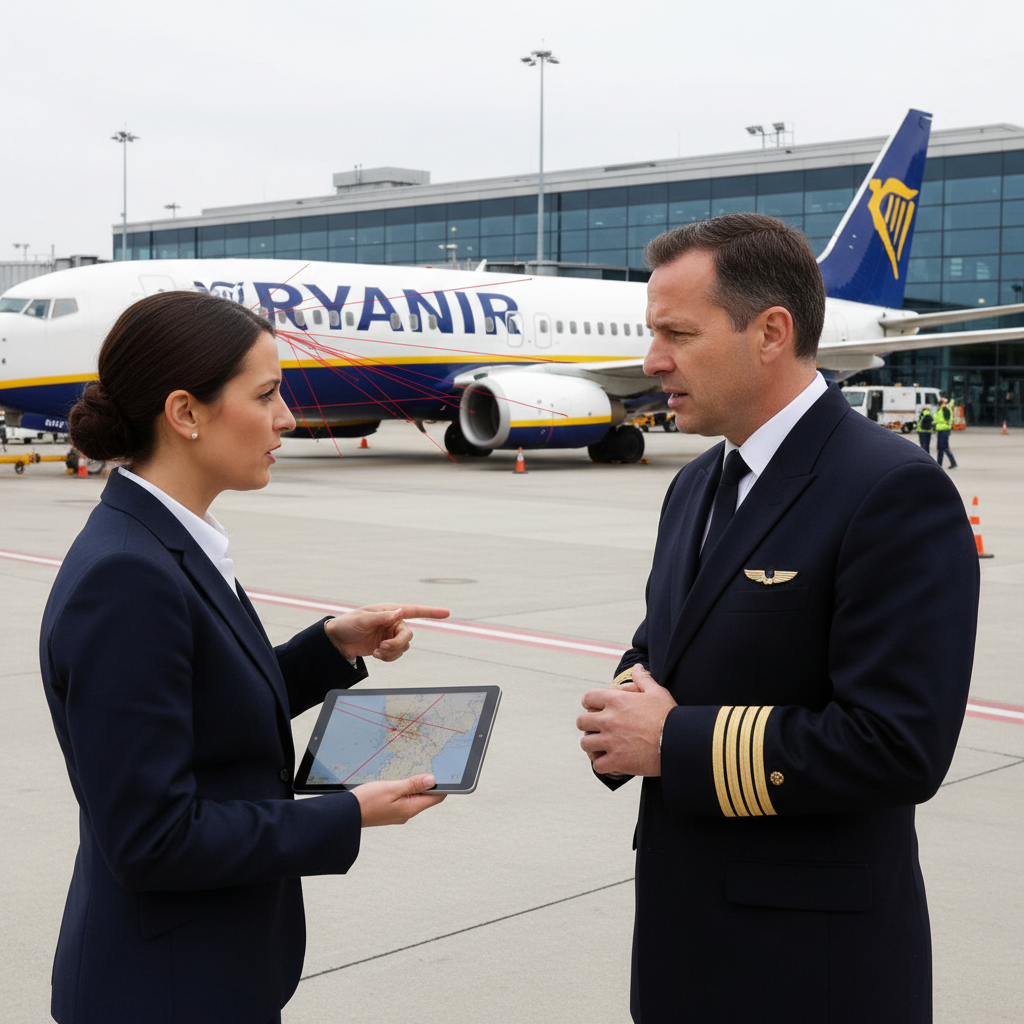Physical Address
304 North Cardinal St.
Dorchester Center, MA 02124
Physical Address
304 North Cardinal St.
Dorchester Center, MA 02124
Global aviation news tracker
Global aviation news tracker

EU officials welcomed ICAO’s October 3, 2025 condemnation of repeated GNSS interference in European airspace and called for urgent measures to protect flights.
The International Civil Aviation Organization (ICAO) issued a formal condemnation on October 3, 2025 after reporting repeated disruption of Global Navigation Satellite System (GNSS) signals over parts of Europe. The European Union (EU) publicly backed ICAO’s statement and urged immediate action to safeguard navigation integrity and ensure safe air transport across the region.
GNSS interference — interference with Global Navigation Satellite System signals — poses risks to flight navigation, timing systems and airport operations when signal quality is degraded. ICAO’s move highlights aviation safety concerns for airlines and air navigation service providers (ANSPs) operating in affected airspace.
Pilots, dispatchers and air traffic controllers increasingly rely on GNSS for en-route navigation, approach guidance and precise timing. When GNSS interference occurs, crews may need to revert to backup navigation procedures, which can increase workload and delay flights. The EU’s response stresses coordination between states, regulators and industry to limit operational disruption and protect passengers.
The EU statement did not list specific airlines or flight numbers affected; it focused on the systemic risk that GNSS interference represents for the European network. ICAO’s condemnation specifically referenced repeated incidents attributed to Russian sources, and Brussels framed the issue as both a safety and regulatory priority.
Industry experts say clearer reporting, increased spectrum monitoring and resilient navigation planning are practical steps while regulators develop longer-term technical and diplomatic responses. The EU has signalled it will work with ICAO, member states and aviation stakeholders to evaluate immediate protections and longer-term safeguards for GNSS-dependent operations.
As investigations continue, airlines and ANSPs in Europe will be watching for new guidance and operational notices to maintain safe, reliable routes for passengers and cargo.